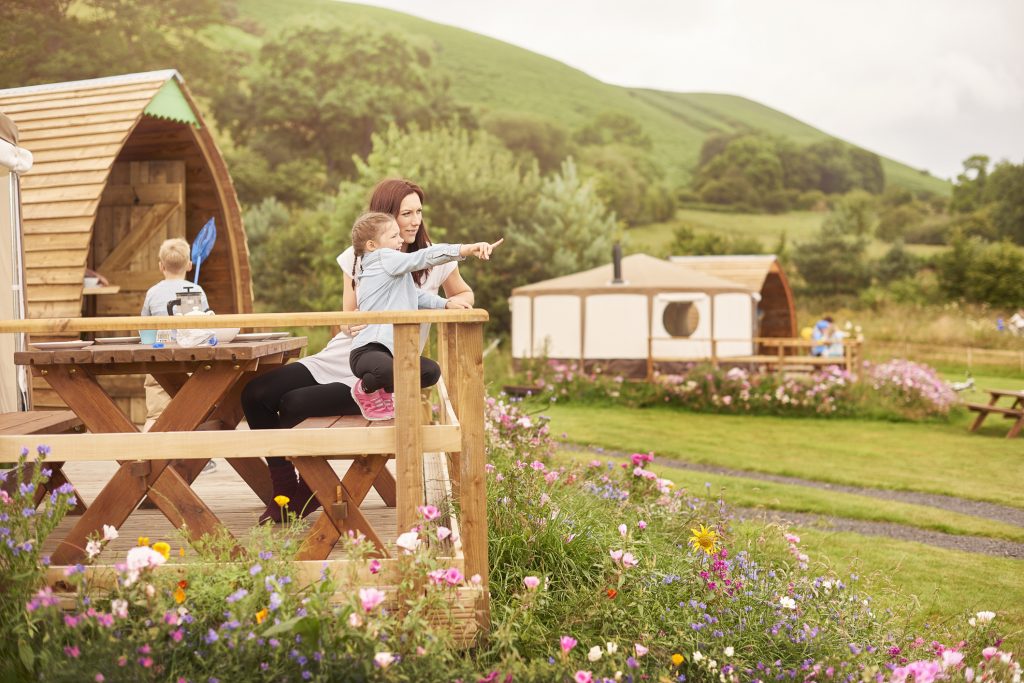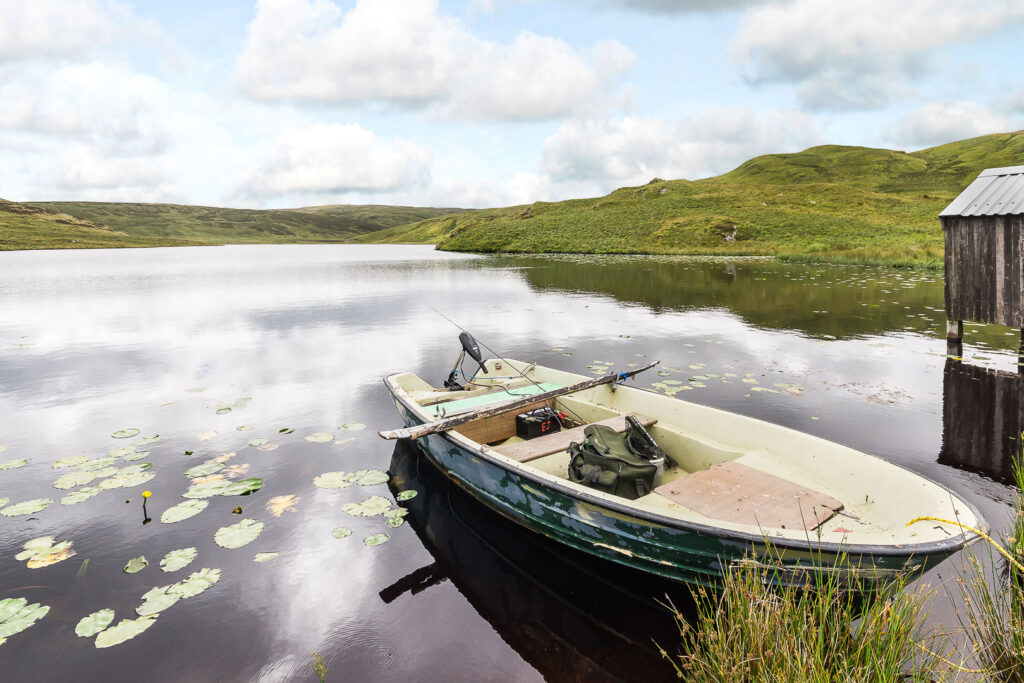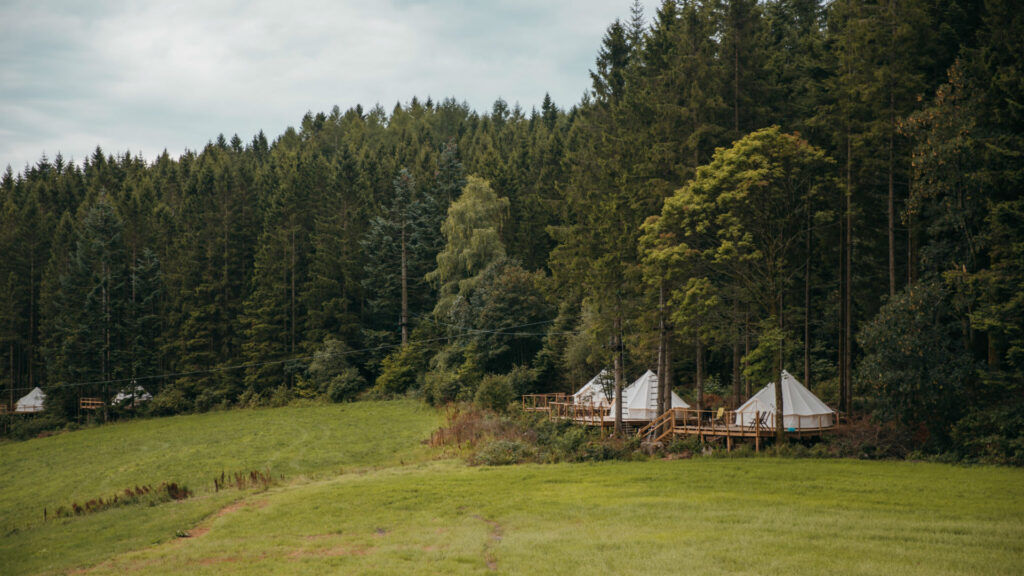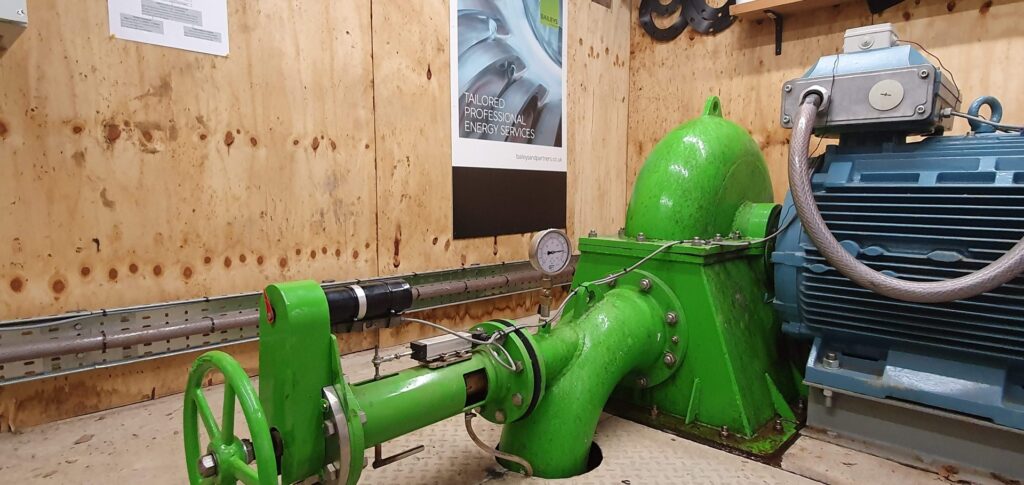The UK’s leisure industry enjoyed a positive spring and summer this year, with good weather and a staycation boom contributing to a high number of visitors to the nation’s attractions.
This summer North Wales was ranked as the second most popular rural staycation destination by Travelodge and was only beaten to the top spot by the Lake District, while our southern compatriots also featured in the top ten.
However, this masks a significant problem facing the industry which is the rising cost of operating a leisure business.
Energy price hikes and falling consumer confidence means that many businesses could be left in a difficult financial position.
In this month’s blog, we’ll explore how the cost-of-living crisis will affect the leisure sector and its businesses.
Rising costs stifle post-pandemic recovery
The boom in staycations following the easing of restrictions and uncertainty over going abroad in the summer of 2021 gave the industry an opportunity to recover, and recover it did initially due to the high-levels of pent-up consumer demand for a break.
However, despite the optimism surrounding footfall this year so far, the post pandemic recovery is being stifled by continued rising energy and supply costs.
Russia’s invasion of Ukraine in February caused the price of energy to soar and in the six months since, limited supply of key goods from both countries have led inflation to rise.
The economic impact is being felt in homes and businesses across the country.
In the leisure sector, 83% of businesses have said they either had or were making redundancies to cope with ever-rising operating costs.
Welsh leisure and hospitality businesses say that they are unable to forecast what lies ahead due to an uncertainty-laden few years and fear that the winter months could prove difficult.
Will consumers pay more for their leisure time?
It’s highly likely that the public will have to shoulder the burden of a large proportion of the leisure industry’s rising operating costs as many in the industry are still recovering financially from the pandemic.
However, consumer confidence is at its lowest ebb for decades, with public mood more downbeat than it was during the recessions of the last 50 years.
With the sector having to pass on some costs and confidence low, many are already cutting back on their leisure and hospitality spending.
This perfect storm could put businesses in the industry under real pressure over the next year.
It’s no surprise that value for money has been the key factor influencing destination choice this year but, according to a government report, this represents a problem for Wales as cost is said to be the main barrier to visiting the country among the holidaymakers surveyed.
With fuel, energy and food costs soaring, North Wales and the rest of Britain is becoming a far more expensive place for its citizens to take a holiday in, but as of yet it’s unclear just how much demand will be affected.
There is also the uncertainty of whether a tourism tax will be introduced, an additional worry for the sector to consider.
A growth in renewable energy use?
Energy costs have been a real headache for the leisure industry this year and despite the government’s pledge that businesses will receive support with bills from October, many feel that more has to be done to mitigate the impact of the soaring prices.
Sadly, 1 in 4 hospitality and leisure businesses in Wales fear closing this year due to the energy crisis. In response to the rising energy costs, consumers and businesses alike have turned to renewable solutions such as solar power to reduce their bills.
Over the last six months, there’s been a dramatic rise in the number of solar panel purchases in the UK which indicates the appetite for alternative means of energy generation.
The policy of the Welsh government is to support community driven renewable energy projects, as long as the benefits from the projects are returned to the community.
Meanwhile, the UK Government guidance states that local planning authorities have a responsibility to help increase the use and supply of green energy.
Community renewable generation projects would offer a sustainable way for leisure businesses to power their sites, as well as the local area, and significantly reduce their overall energy costs.
However, it is still unclear whether the Welsh Senedd or UK government will introduce new measures to allow for the proliferation of such projects as it currently can be difficult to set up such projects amid tight regulations and high costs.
How Baileys and Partners can support your business
Baileys and Partners understands that this is a difficult time for many in the leisure industry.
However, our expertise and knowledge of the industry means we can provide your business with support when it comes to managing energy requirements both from a generation and an efficiency perspective.
We can help you assess and reduce your energy and carbon footprint, saving you money and helping to ensure that your business continues to operate in a financially sustainable way.
Visit our website to find out more about Bailey and Partners’ leisure expertise.







